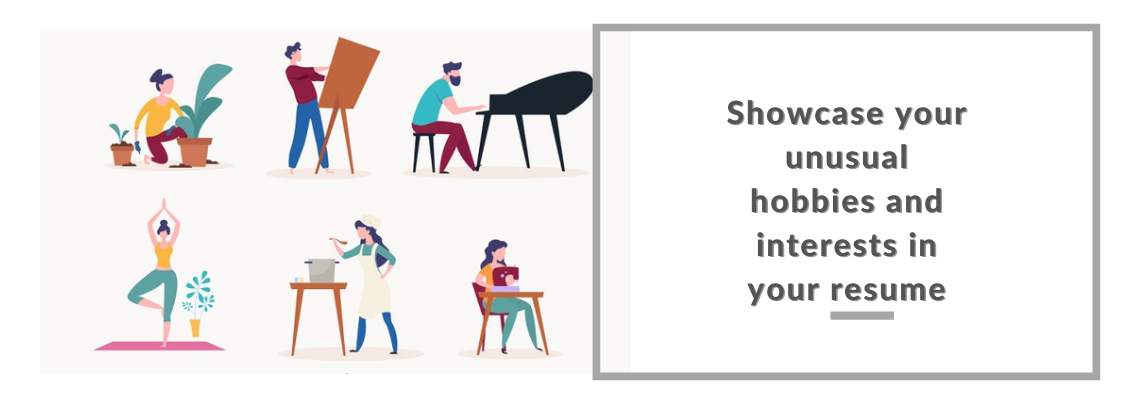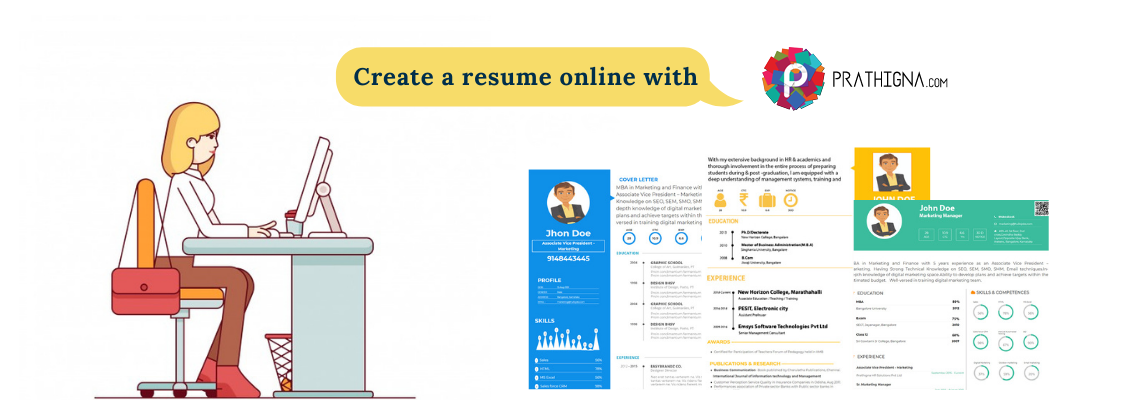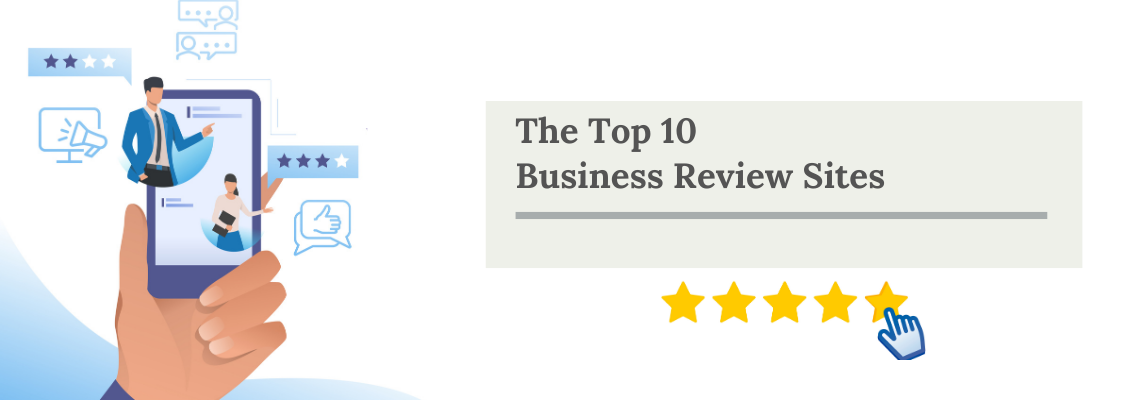2020-03-24 Comments : 0
Common Interview Questions to Expect
There are many types of questions that you will be asked in an interview that one needs to prepare for in advance. These are common for any job interview - whether you're an intern, joining as a fresh graduate or a senior professional with a many years of work experience.
All of these questions are used to learn more about you, both as a person and a professional.
Behaviour questions from an interview:
1. Tell me something about yourself.
2. How did you decide to apply for this position?
3. What would you say are your biggest strengths?
4. What would say are your biggest weaknesses?
5. Why do you think we should we hire you?
6. Would you like to ask us any questions?
7. Tell us what kind of working environment do you work best in?
8. Where do you see yourself in five years or ten years from now?
9. Can you tell us why you switched jobs so many times?
10. What made you change your career path?
11. What made you decide to leave your previous/current job?
12. Can you tell us about the gap in your work experience?
13. Can you tell us why were you fired?
14. What would you do about working weekends or late hours?
15. Tell me how would your boss describe you?
16. Tell us: are you a team player?
17. Would you call yourself a risk-taker?
18. How do you deal with pressure or stressful situations at work?
19. Do you think there is a difference between hard work and smart work?
20. How quickly do you adapt to new technology?
1. Tell me something about yourself.
This is usually the first question - the right place to introduce yourself well. Make it relevant to the job position, since your aim is to show why you are the right candidate for this job.
• Briefly introduce yourself: starting with your name and your current profession.
• How many years have you been working in your profession?
• You can add information like what you love about your job.
• Mention your top 2-3 achievements that are relevant to the job you're applying for?
These are the replies they are looking for, when they ask you this.
2. How did you decide to apply for this position?
Your reply should show your passion for the job and the company. Keep in mind even if you don't know much about the company or the position, be honest and show your keenness to work for the company & for the job. Your success depends on the answer which should include 2 things:
- What motivated you to apply for this position?
- Why this company? If you are familiar with it & its work?
3. What would you say are your biggest strengths?
Usually people have two choices: what your actual strengths are, and what you think the hiring manager or HR representative needs to hear.
It's best to be honest and keep your answer to at most three strengths. Mention 1 or 2 skills that would help you really excel at the job, and 1 or 2 personal (more or less unrelated) skills.
A wise move is to give an example for how those strengths helped you in your tasks-for example "I'm very detail oriented, at the end of most reports I make sure to recheck so that financial figures are properly represented" etc.
4. What would say are your biggest weaknesses?
Our advice is to not try to humble brag by saying "it is that you work too hard, or that you're a perfectionist."
The key here is to mention a weakness that's real, but not something that negatively impact your roles & responsibilities. For a high pressure job, don't say "I work poorly under stress". Instead mention that you used to have issues with stressful situations, but careful planning and mindful techniques have enabled you to adjust to the same.
If you can, try to balance it with a positive side effect: treat it like two sides of the same coin.
5. Why do you think we should we hire you?
This is an important question - one where you need to sell yourself without trying to look arrogant or over confident. Avoid using words like "best" or "most" - clearly mention why you would be a good fit for the job, as you have the "right experience."
Make a general statement (I'm a great fit for the position because..) and talk about your experiences and achievements in the related field.
Here are 3 main points you can mention:
• How you're looking forward to working for the company (and why).
• How your skills fit their requirements.
• How you're going to help the company progress in this department.
6. Would you like to ask us any questions?
Always ask at least a couple of questions that show how interested you are in actually being a part of the company, progressing together. Some smart questions that display your sincerity and will help you make an informed decision about joining this company are:
-What challenges might one face in this position?
-What are the important skills and qualities one must have to succeed in this position?
-What is a great quality about working in this company?
-What are the most pressing issues and projects that would need to be addressed?
-What training programs are available to employees?
7. Tell us what kind of working environment do you work best in?
This is to assess your fit with the company's working environment.
Some organizations are more structured and hierarchical, require tight organization which may not suit creative, un-lateral people who likes to innovate.
Different people work best in different environments, so do your revision and go through the company's website and social media pages to get a sense of the eneral vibe and environment there.
Reviews on GlassDoor can help too, or any employees you know from there.
8. Where do you see yourself in five years or ten years from now?
In general, the motivation behind this question is for the interviewer to assess whether you are an ambitious person or not and whether you have sensible desires for your profession. Make sure to avoid any provocative answers such as.."your seat", "boss of everyone"
Instead, think realistically about what the next step after this position is, and whether it is possible to reach it within the company you are applying at. Show your path for your career.
9. Can you tell us why you switched jobs so many times?
Job-hopping is one of the biggest red flags for HR managers. Even if you had a reasonable cause for example the second company you got hired in just wasn't a good culture fit, you have to communicate that.
Companies tend ask because
- You might be a job hopper. A few people will in general switch jobs the moment they get a better salary offer.
- You might be unqualified for the job and you quit because you couldn't deliver.
- You get bored easily and your solution to that is quitting.
So, your job here is to convince the interviewer that you don't belong to any of these 3 categories.
10. What made you change your career path?
If you have recently changed or altered your career path, the interviewer will ask about it. Don't worry - there's nothing wrong with this move, it is common.
Many people go through a career change. It can happen to some people several times in their lifetime!
As long as you're good at what you do, no one cares if you were a musician in one year, and a professional chef in another.
When asked this question, all you have to do is answer honestly. Explain how your old job just wasn't for you, and how the job you're applying for is so much more interesting.
11. What made you decide to leave your previous/current job?
The interviewer wants to know was there a good reason for you to leave the previous job, and not someone who illogically jumps from company to company. To find out whether you were offboarded and followed the procedure of leaving, etc. They mainly want to know if you were asked to leave, or left on your own volition.
A good way to answer would be "It felt like the company's values no longer coincided with mine. The management was too controlling and micromanaging. I choose to have some control over my work, and being able to contribute by going above and beyond my requirements."
12.Can you tell us about the gap in your work experience?
Whatever the reason, it was valid for you personally so be straightforward and mention it, even if you don't have to elaborate on it much. Reasons usually include:
• Maternity leave
• Health issues
• Caring for a sick family member
• Time off to pursue further education
• Relocating to a different city
• Working on a personal project
One thing to keep in mind, is that if you were laid off at work or you quit and had trouble getting a new job, you should mention it very lightly & subtly.
13. Can you tell us why were you fired?
Getting fired is not the same as being laid off. The interviewer would like to know whether you got let go for a reasonable cause and how much of your responsibility it was.
If you got fired and the interviewer asks you about it, you should be honest and mention it straight forward, as they will check back with your previous employer.
Show that you are critical about your mistakes, and explain what you've done to improve, that you recognise your part in this situation.
14.What would you do about working weekends or late hours?
In case your job profile already specifies the working hours, this is not a tough question. However if this is not the case, you might take this as an indication that the job requires longer hours and at odd hours, and it might not be the best you're looking for. Don't overpromise now, for the sake of getting selected, this are indications the job roles have been defined differently.
15.Tell me how would your boss describe you?
Very similar to the greatest strengths question, this is from the POV of co-workers - to see if you gel well and can interact in a productive manner. They might reach out to references from your old workplace, so make sure you don't falsify any info.
What they are looking for is primarily your traits that help with teamwork & company work culture. You can either:
- Describe a specific situation where you excelled at work (and received praise from your boss and coworkers)
- Mention the performance review conducted by your manager.
ALSO READ : Testing Interview Questions
16. Tell us: are you a team player?
This is a clear answer - say yes! Even if you are the only one in your team, you will need to co-ordinate with several people from other teams. A willingness to be part of a team is essential to any job! Mention previous cases of good teamwork.
17. Would you call yourself a risk-taker?
Depending on how valuable risk is for your job, you need to answer accordingly; for example, in investment banking you need to be a risk taker to some extent; in such a case you can show you're thinking about calculated risk.
As with most interview questions, you should give examples of situations where you had to take risks, and mention the end-results.
18. How do you deal with pressure or stressful situations at work?
When the job is a high profile or in a real-time situation, there's bound to be stress - so you're already prepared for this. So answer yes, you do tend to perform well during stressful situations, giving 1-2 examples of a situation where you had to perform well under pressure. If you can't, don't mention it as such but prepare yourself to work in such a situation.
19.Do you think there is a difference between hard work and smart work?
By definition, hard work is when you put in a lot of time and efforts into your job and your working style.
Smart work on the other hand, means doing the work efficiently, completing the job in 2 hours instead of 5 saving time and energy.
With this question, the interviewer is looking to understand what your work ethic is; they're looking for a healthy combination of both, not just one. Avoid giving an answer that is one-sided, say both.
20.How quickly do you adapt to new technology?
Almost all jobs need you to be tech-savvy at this point, whether it's a customer related or software related job. Your answer should show how you can manage to learn and adapt to new technology.
Be confident, answer carefully - communicate and listen well, these few qualities will serve you well in any interview. prathigna.com wishes you the best for your job search endeavours!







Comments 0